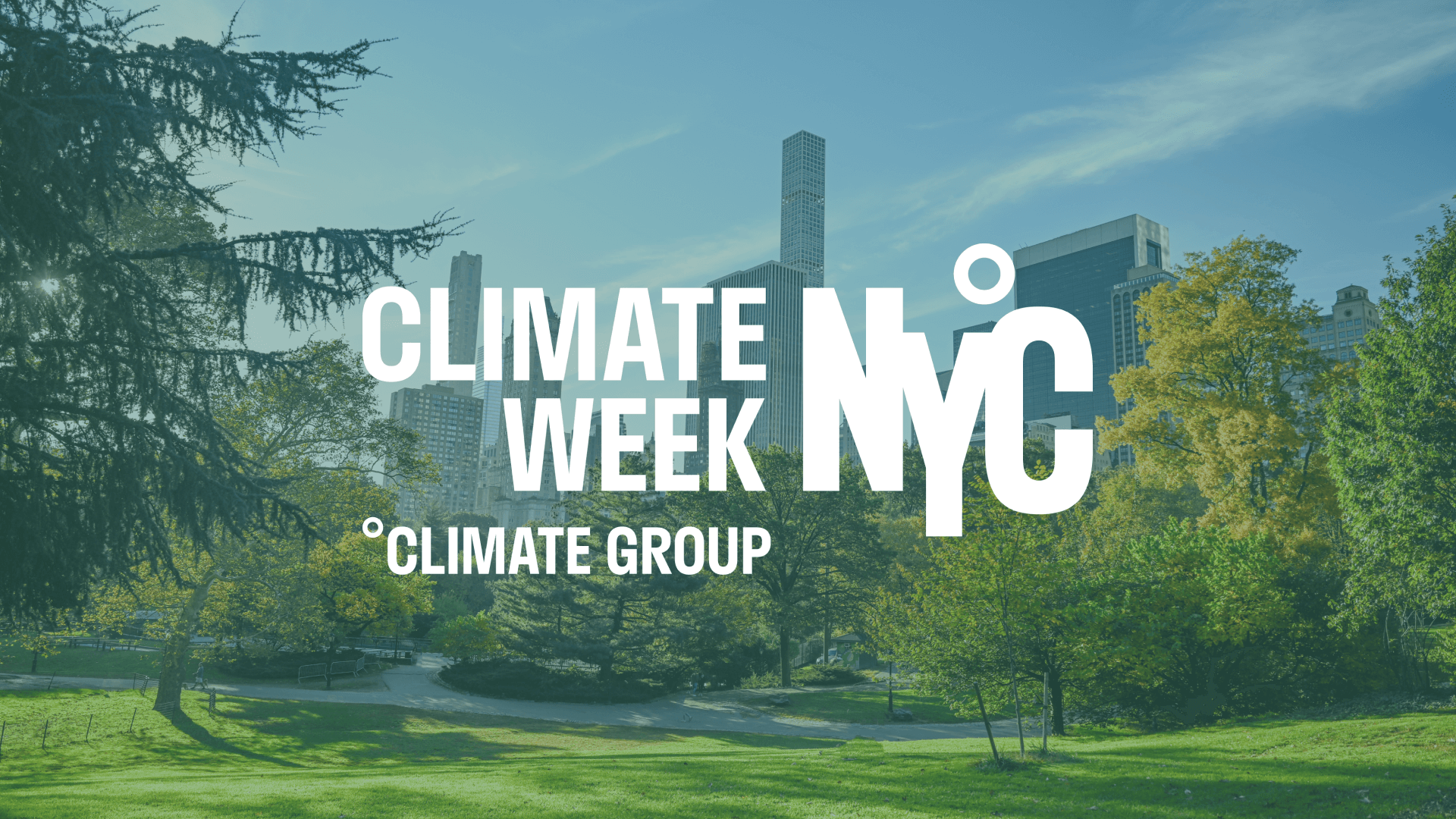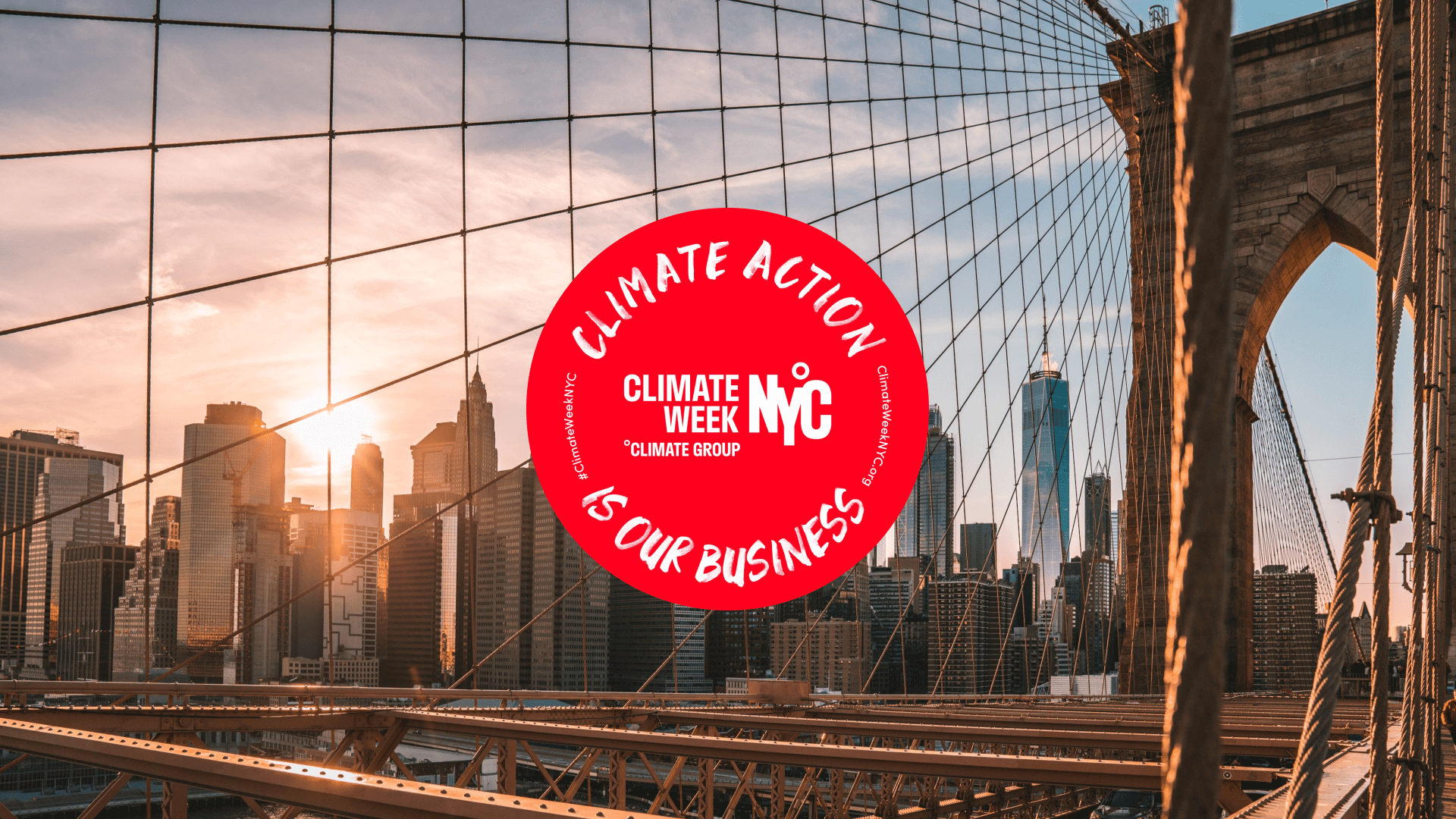The scale and urgency of the climate challenge require action at all levels of governance.
Efforts to implement and extend the Paris Agreement are essential to limiting global warming to well below 2° C and striving for 1.5° C. For many countries, this international forum is critical to how they motivate and structure joint commitments and subsequent policies. At the same time, subnational and corporate entities have to be engaged to devise and implement actions that achieve reductions in the real economy. But the whole effort of transitioning to a zero-carbon world will be stymied if the general public and their communities aren’t part of the plan, with due consideration for the equity of measures taken, within and between countries.
Our Governance & Diplomacy Program
The ClimateWorks Governance & Diplomacy program supports efforts to strengthen global climate governance at all levels, while ensuring an equitable zero-carbon transition.
Advancing intergovernmental cooperation
The Paris Agreement is the central pillar of global intergovernmental collaboration to combat global warming under the UN Framework Convention on Climate Change. The annual UN climate meeting, the Conference of Parties, is the culmination of a year of preparatory work, not just for negotiators, but for the broader community. As the role of the COP moves from one primarily of negotiation toward a forum for demonstrating implementation and extending commitments, ClimateWorks is supporting a range of actors intent on ensuring that best use is made of the UN structure, and that it is accompanied by effective external initiatives.
Social and economic transitions
The Social and Economic Transitions initiative supports work on developing just, socially inclusive measures that support the transition to a zero-carbon, climate-resilient future. This encompasses planning for a Just Transition among workers, designing policies to support communities to take part in technological and economic change, building the voice of local grassroots stakeholders in decisions that affect them, and aggregating the energy of diverse stakeholders around the world to accelerate the move away from polluting forms of energy.

Independent Global Stocktake
The Independent Global Stocktake (iGST) is a data and advocacy initiative that brings together climate researchers, modelers, and advocates to support the Paris Agreement. Reporting on climate progress is required under Article 14 of the agreement; iGST’s objective is to support this analysis, known as the Global Stocktake, and to increase its accuracy, transparency, and accountability.




